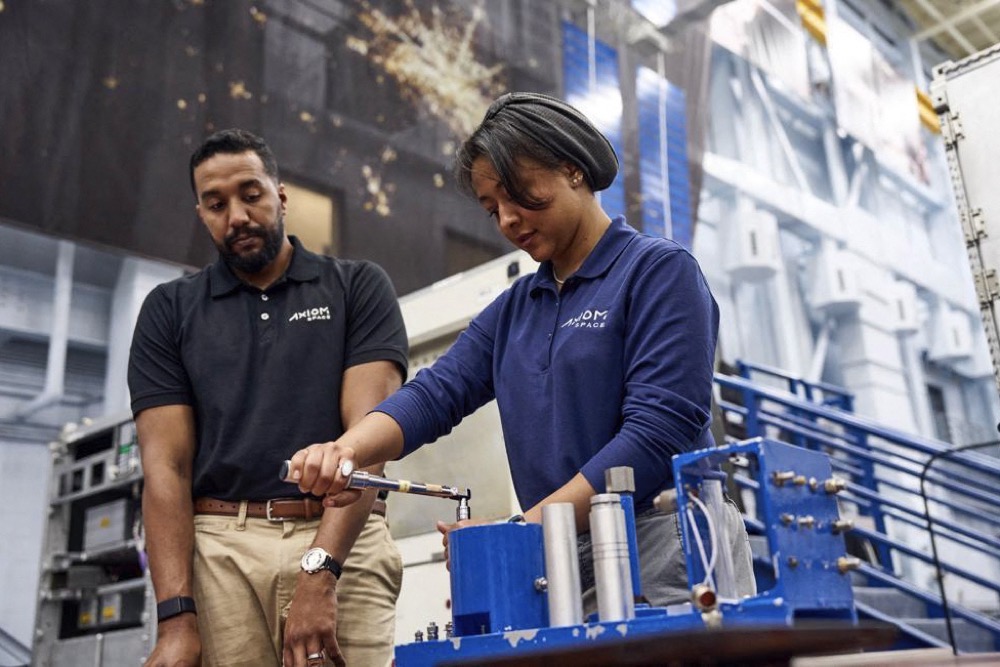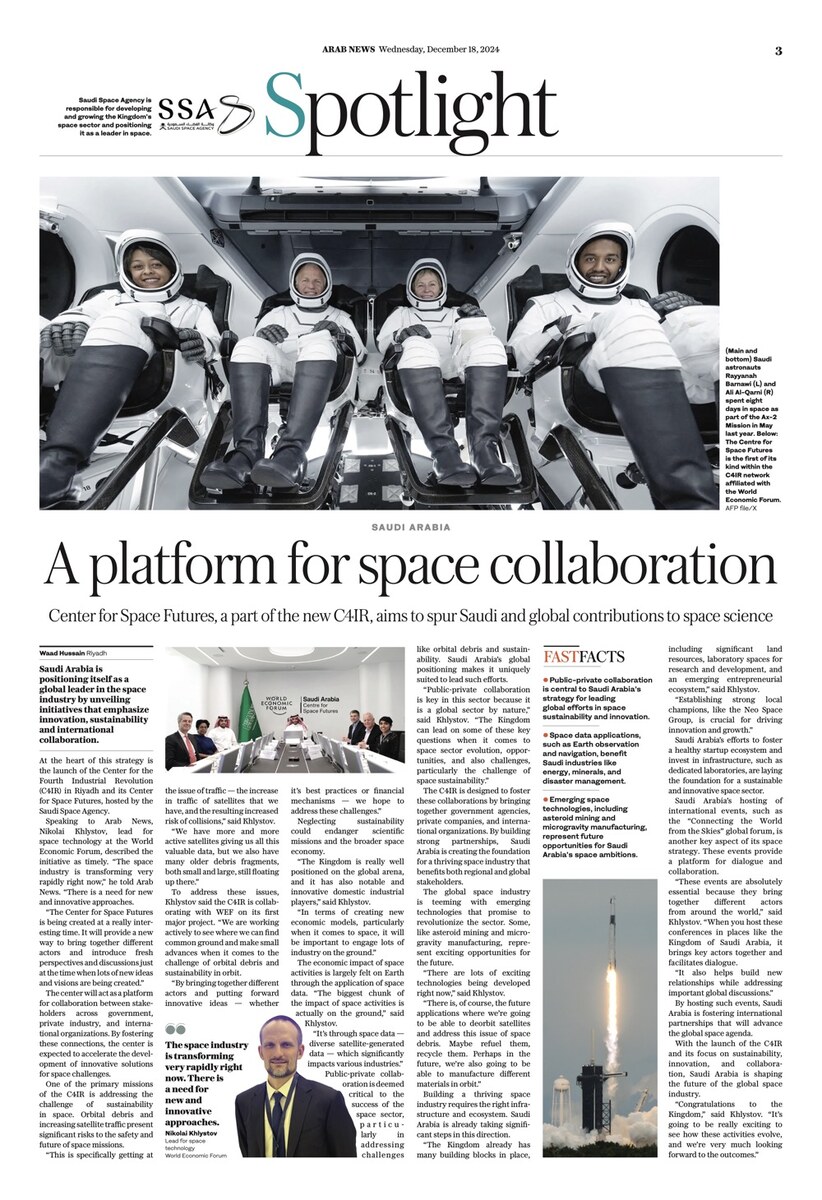RIYADH: When one imagines a rapidly expanding desert city, few are likely to picture a glittering modern skyline punctuated with green spaces alive with the sound of birds and insects. And yet, this is the dream that is fast becoming a reality in the Saudi capital, Riyadh.
Scheduled to open in 2025, King Salman Park is set to become the largest of its kind in the world, covering about 16.6 sq. km. As a flagship initiative of Saudi Vision 2030, it will not only expand the city’s green spaces, but also enhance quality of life.
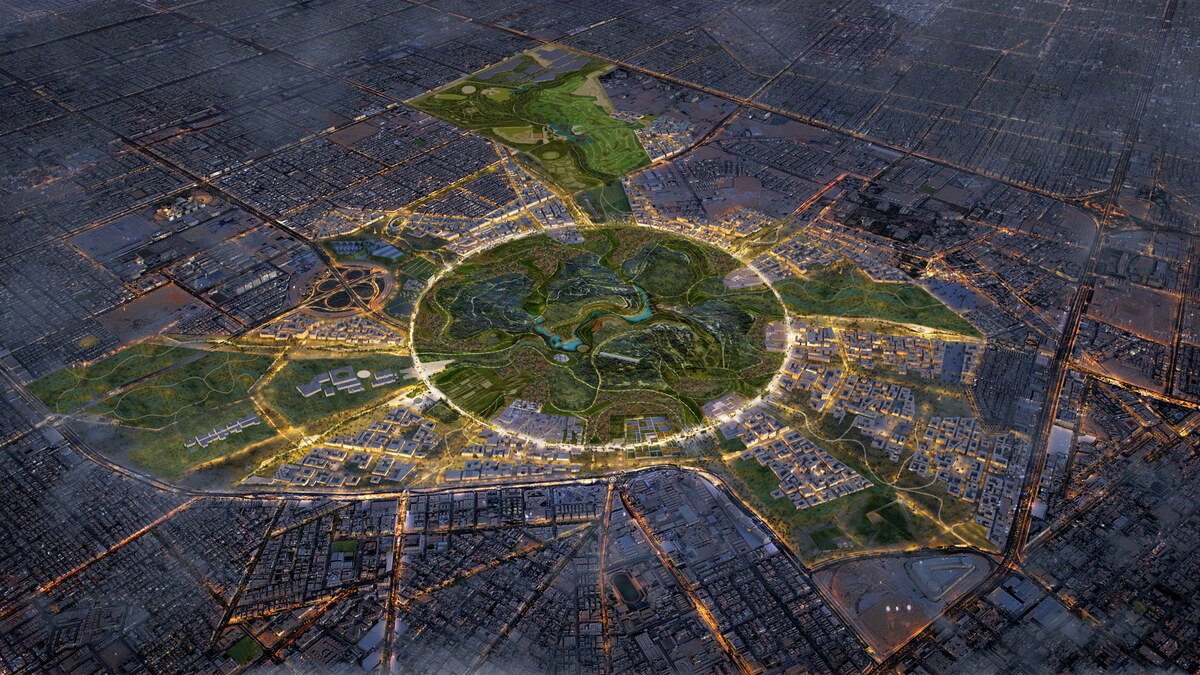
Future Horizons: Visualizing the expansive green spaces of King Salman Park, poised to transform Riyadh's urban landscape. (Supplied)
“King Salman Park is set to redefine Riyadh’s urban landscape,” Khaled Al-Ojyan, an architect with Green Riyadh, told Arab News. “This ambitious project aligns perfectly with Vision 2030, transforming the city into a more sustainable, vibrant and green environment.”
Construction is progressing rapidly, with more than $1 billion in contracts awarded to spearhead its development. The project forms a major part of a broader $23 billion investment to revitalize Riyadh’s infrastructure, including contributions from the private sector amounting to $15 billion.
Situated on the grounds of the former Riyadh Air Base, the park will be seven times the size of London’s Hyde Park and five times that of New York’s Central Park, making it a monumental addition to the city’s landscape.
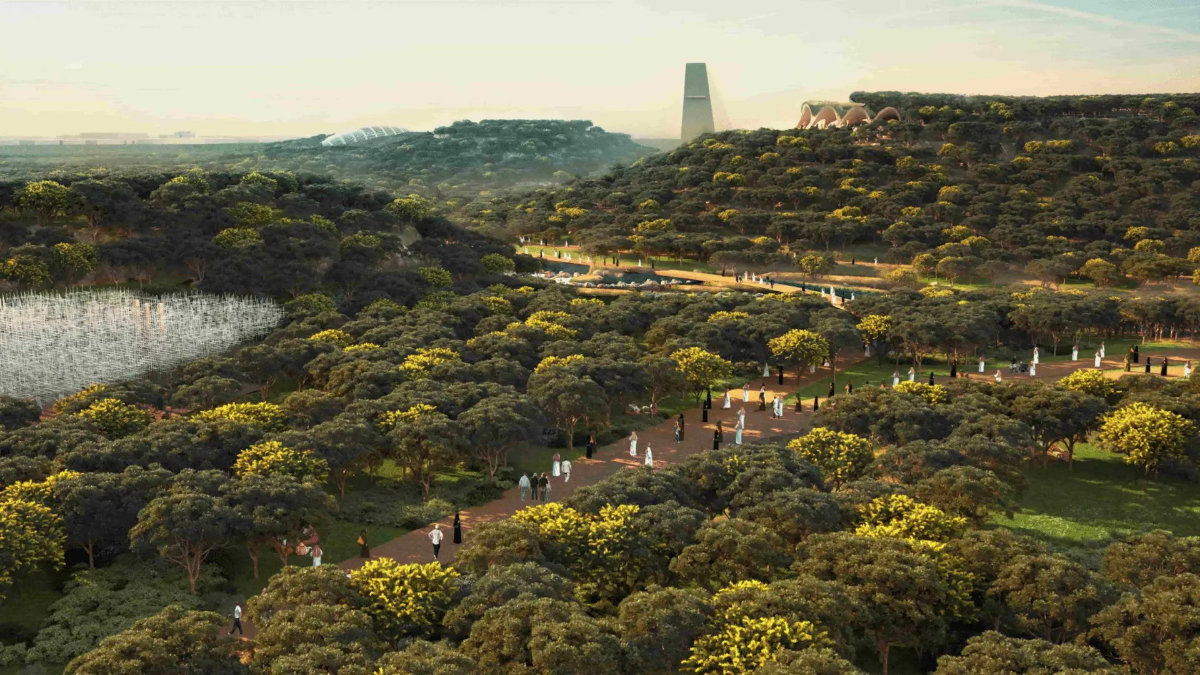
A Glimpse into the Future: Envisioning the lush landscapes of King Salman Park, set to become Riyadh's green oasis. (Supplied)
Although King Salman Park has been designed to provide a wide range of sports, cultural and recreational activities, it is also intended to act as a haven for biodiversity, featuring a wealth of plant and animal life.
More than 11.6 sq. km of the site will be dedicated to green space, planted with 1 million trees. These vast areas will contribute significantly to increasing the region’s vegetation cover, raising the rate of per capita green spaces and supporting a variety of local wildlife.
The park’s design also includes vertical gardens, an Islamic-style garden and various other spaces that will serve as habitats for birds, butterflies and other species, enhancing the park’s aesthetic appeal and creating a healthier, more vibrant ecosystem within Riyadh.
DID YOUKNOW?
• King Salman Park will feature more than 11 sq. km of green areas, including gardens, meadows and forests, creating a vast natural habitat within Riyadh.
• The park is designed to support diverse plant and animal species, with initiatives aimed at conserving native flora and fauna.
• The park will incorporate sustainable irrigation and water recycling systems, promoting water conservation and supporting plant life.
The park’s “valley” area, covering more than 800,000 sq. meters, will include several bodies of water designed to support aquatic life and offer migratory birds a place to rest.
The inclusion of these natural elements in the park’s design is a testament to the project’s commitment to environmental sustainability and urban biodiversity.
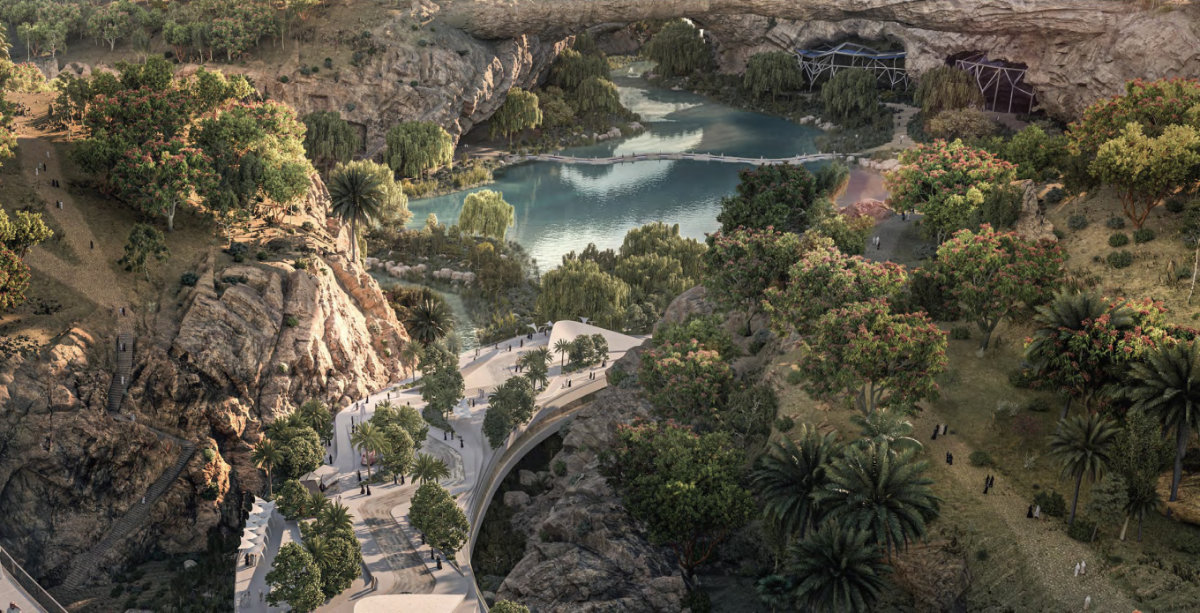
Imagining the Possibilities: A sneak peek of King Salman Park, where culture and nature will blend seamlessly. (Supplied)
“By incorporating advanced urban development and green infrastructure strategies, King Salman Park will serve as a dynamic centerpiece for the community,” said Al-Ojyan of Green Riyadh.
“It’s inspiring to witness such a forward-thinking initiative come to life, setting a new standard for urban development in the region. I believe this will be a landmark achievement for Riyadh.”
King Salman Park is not just about enhancing biodiversity. It is also about improving quality of life for Riyadh’s residents. The park will feature a 7.2-km pedestrian walkway, offering a serene environment for walking and exercise.
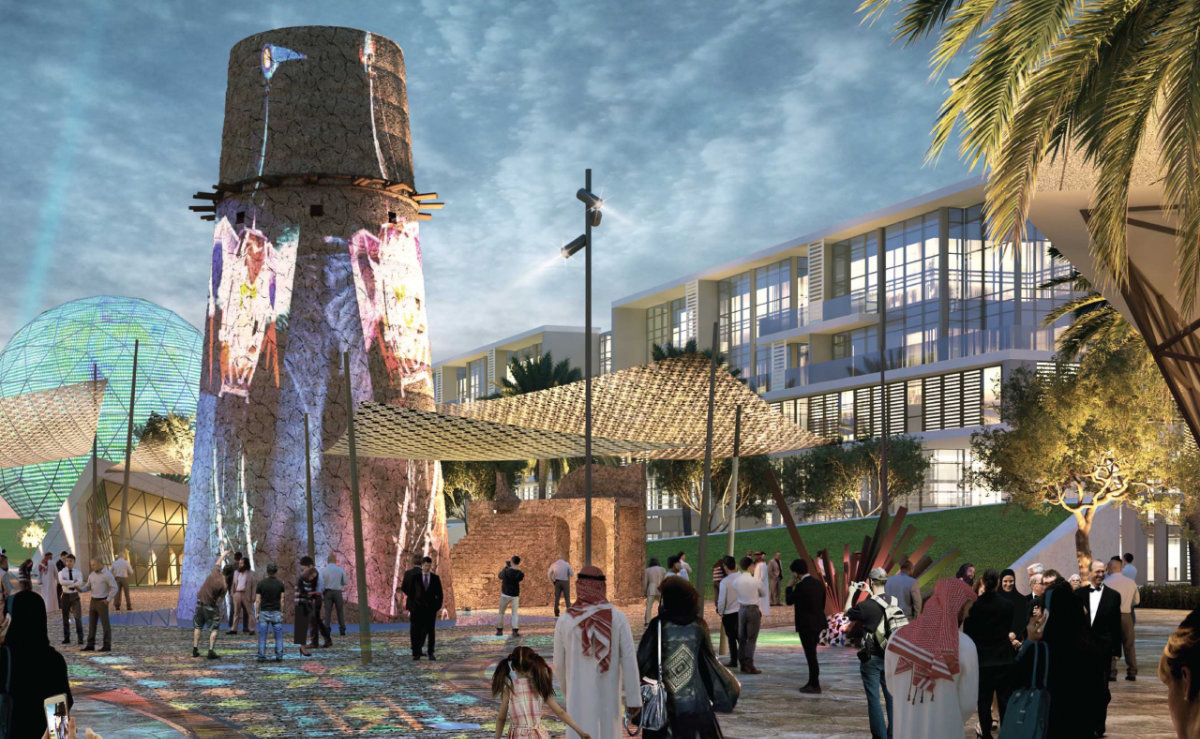
A Glimpse into the Future: Envisioning the lush landscapes of King Salman Park, set to become Riyadh's green oasis. (Supplied)
Recreational facilities, including playgrounds, sports complexes and cultural venues, will be spread across the park, encouraging outdoor activities and fostering a sense of community.
The park’s cultural facilities will be a major draw for residents and visitors alike. The Royal Art Complex, occupying an area of more than 400,000 sq. meters, will include a national theater, five museums, an outdoor theater and art academies.
These cultural venues will host various events and activities, making King Salman Park a vibrant cultural hub in Riyadh.
Opinion
This section contains relevant reference points, placed in (Opinion field)
Sustainability is a key focus of King Salman Park’s development. The park’s design includes numerous eco-friendly features, such as rainwater harvesting and energy-efficient systems.
These sustainable practices will minimize the park’s environmental impact and ensure that it remains a green oasis in the heart of Riyadh.
The park’s extensive green spaces and tree-planting efforts will also help mitigate the urban heat island effect, improving the overall climate in Riyadh.
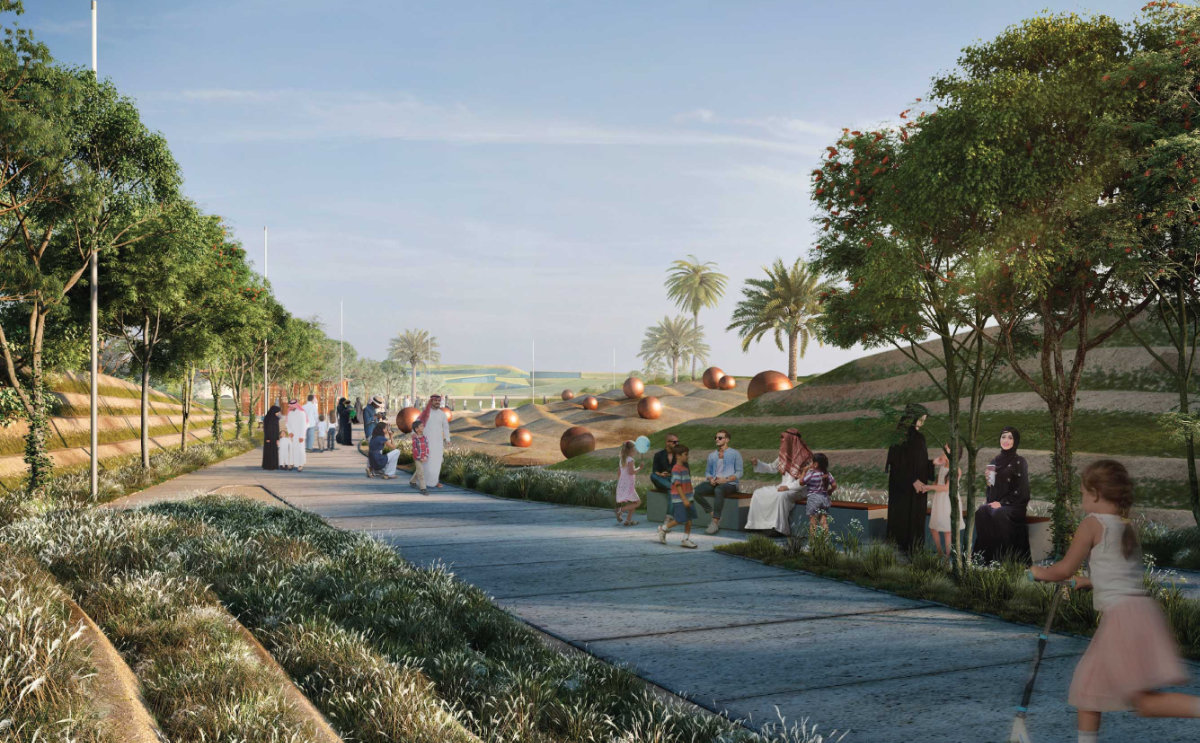
Imagining the Possibilities: A sneak peek of King Salman Park, where culture and nature will blend seamlessly. (Supplied)
The strategic location of King Salman Park, linked to several main roads and public transport stations, will make it easily accessible, further enhancing its role as a sustainable and inclusive urban space.
King Salman Park is a long-term investment in the future of Riyadh. As part of the city’s transformation under Vision 2030, the park will play a crucial role in making Riyadh one of the most livable cities in the world.
Future enhancements and expansions will continue to promote environmental sustainability and urban biodiversity, ensuring that King Salman Park will remain a vital part of Riyadh’s urban landscape in the future.













